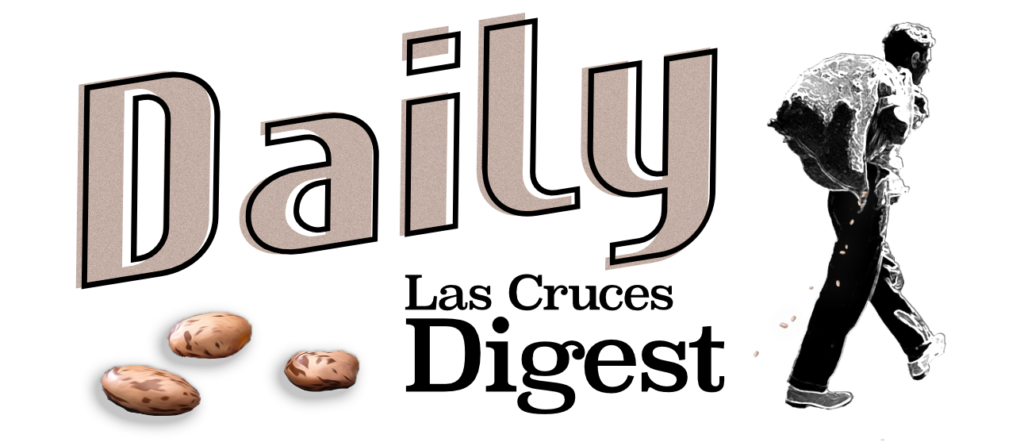Cannabis triggered one teen’s downfall from excelling at sports and having a bright future at college to suffering from a “God complex”.
Source: Just Think Twice (republished from the Edmonton Journal)
Article By: Jackie Carmichael
“Allen” was a normal teen — excelling in sports, headed for university after graduation, no signs of mental disorder — when his personality did a 180-degree turn over two weeks.
Uncharacteristic over-confidence and lack of sleep spiralled into rapid speech, a God complex.
He was “the smartest being in the universe.”
“He had it in his brain that he was going to be very famous, and anything he touched was going to be worth millions of dollars,” his dad recalled.
An Edmonton resident we’ll identify as “Mike” to protect his son’s privacy talked to Postmedia about his teenage son’s harrowing descent into cannabis psychosis.
“It’s like a storm’s coming your way. All of a sudden, as a parent, you don’t know what you’re dealing with. You have no idea — you’re so lost.”
At the emergency room, tests for cocaine and meth were negative.
“Allen” was hospitalized for three weeks.
A baffled medical team tried antipsychotics.
“Doctors are not equipped to understand cannabis psychosis in Canada, so when the kid presents a classic case of psychotic episodes, they automatically say that it’s bipolar disorder,” Mike said.
Two weeks in, Allen finally told him.
“Dad, this is what I was smoking.”
A second opinion from a University of Alberta psychiatrist revealed a classic case of cannabis-induced psychosis.
He’ll never forget Allen’s words after the episode subsided.
“Never in a million years did I think that doing this would cause a mental health break. No one ever talks about that.”
Meet the new THC
Mike urges parents to educate themselves about THC concentrates.
Shatter, which almost looks like crack, is heated and inhaled.
Distillate pens are loaded with THC oil, up to 95 per cent potency.
There are “dabs,” which look like ear wax.
“Looking at any dispensary that you walk into in Edmonton, the first thing that you’ll see is the marketing of how high these concentrations are,” he said.
“They’re no longer selling the flower bud. They’ve extracted the THC and they put it on steroids. They’ve industrialized it to the point that these kids are getting the most pure, the most potent form of THC that science can provide,” he said.
“When legalization came, I applauded it because I thought we were moving in the right direction. But no one told us about the potency levels of the THC products now being sold out there,” Mike said.
Many think of the weed they grew up with — benign, medicinal for sleep, pain, cancer.
“The weed that was smoked in the ’60s and ’70s maybe had one to two per cent, it came with both THC and CBD.
“Now they have completely removed the CBD, extracted the THC, and amped it up to 95 per cent.
“This is commercialized, industrialized THC. It’s not the normal weed of even 10 years ago. This is THC on steroids.
“Every time I try to get my message out, people look at me and go, ‘No, that’s not true. That doesn’t happen. It’s weed. What’s the big deal?’”
Cannabis-induced crime
Grandiosity isn’t the only possible side-effect of cannabis-induced psychosis.
In 2017, an Edmonton man stabbed his mother to death in a cannabis-induced psychosis, Postmedia reported.
“He’s had every day sitting in a jail cell grieving the loss of his mother, trying to come to terms with something that he did in a state of psychosis, something that makes no sense, that he never would have done ordinarily and he’s obviously still struggling not only with the death of his mother but his absolutely — in his mind — unexplained role in it,” defence attorney Graham Johnson told reporters.
Addressing his estranged family, Jason Dickout, 33, apologized for the “unbearable grief” that he had caused, harm that couldn’t be undone.
Psychiatric evidence suggested he was in a self-induced “transient” cannabis-induced psychotic state at the time, with the symptoms abating within a couple of days.
He’d smoked “two inhalations of dried marijuana,” and later he began to act strangely.
His sister testified Dickout screamed like someone experiencing “night terrors,” making animal noises and talking nonsensically.
He attacked his mother in the kitchen sometime after midnight, screaming and laughing.
He required sedation before emergency medical services could transport him to hospital.
“Even though this was a violent crime, Mr. Dickout was disconnected from reality as a result of an acute cannabis-induced psychosis,” said Justice Vital Ouellette.
Dickout did not have prior animosity towards his mother or a history of violence, Ouellette said.
Crown prosecutor Maxine Bond submitted Dickout was ultimately responsible, even if his reaction to the drug was unexpected.
“The general public will be uncomfortable — and perhaps in disbelief — that the driving factor that precipitated this tragic event was cannabis … which is generally regarded as safe,” she said.
What others say
In 2018, Canada became the second country in the world to legalize non-medical cannabis.
Health Canada funded the Canadian Centre on Substance Use and Addiction (CCSA) and the Mental Health Commission of Canada to advance research on cannabis use, its risks and benefits on mental health and substance use.
According to a 2022 report from the CCSA (in affiliation with Dalhousie University), cannabis was the second-most reported substance in emergency room visits (43 per cent in Saskatoon).
Of these, 44 per cent were transferred to a psychiatric unit, 24 per cent were not hospitalized, 21 per cent were placed in an intensive care unit and nine per cent were hospitalized in an alternate care unit, the report found.
Cannabis and cannabinoids can have an impact on different mental health and substance use disorders, such as psychosis, opioid disorders and cannabis use disorders, the CCSA found.
“Some epidemiological studies suggest cannabis can induce psychosis in youth more than any other substance,” it said.
Aubrey Adams, the Texas-based founder of the Facebook site Every Brain Matters, said 50 per cent of those that experience cannabis-induced psychosis will recover. The key is to not use THC and to get support and services.
“The scary part of this drug, especially if they continue to use THC, has the highest conversion rate out of all the drugs from those temporary psychosis symptoms to chronic psychiatric disorders like schizophrenia and bipolar with psychosis,” Adams said.
A new $280,000 provincial government study on cannabis’s effect on young Albertans is expected in September.
Mike wishes the government would read existing studies.
“For them to say, ‘Hey, what’s going on here? We know we need to explore this more and more in depth.’ In my mind, I think we’re too late. We don’t need to study this.
“The evidence and the information that’s out there is overwhelming … Why is the government allowing that, and why isn’t anyone asking the questions?”
Mike said he’s weighing legal options.
“I think this is very similar to what happened with the tobacco industry, where they knew what would happen, but yet they were allowed to continue to sell their products,” he said.
“This is not right.”







